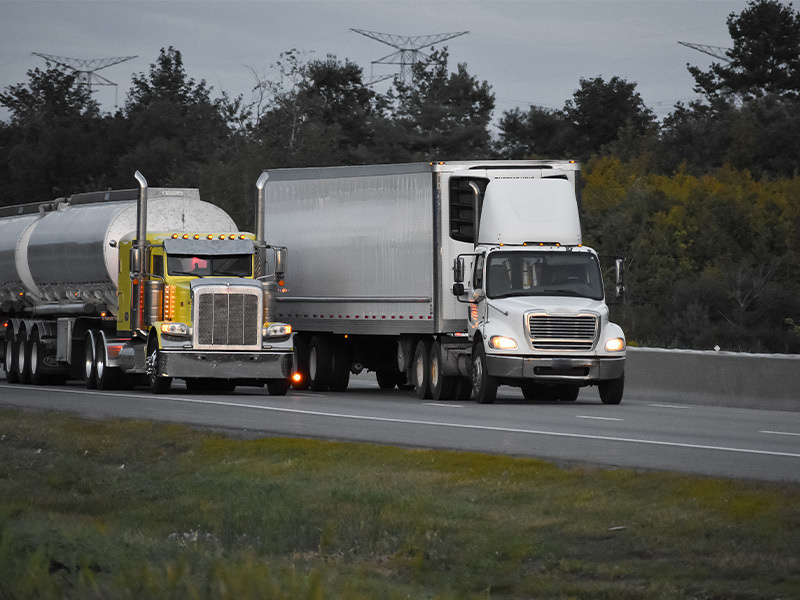
Life on the road as a trucker comes with its unique challenges, and breakdowns can happen unexpectedly. Being well-prepared for emergency repairs is crucial for truckers to minimize downtime and ensure a swift return to the journey. In this comprehensive guide, we’ll explore the essential emergency options available to truckers when faced with unexpected mechanical issues, highlighting the importance of having a reliable truck mechanic on call.
1. Emergency Toolkit Essentials
Every trucker should have a well-equipped emergency toolkit on board. This toolkit can include basic hand tools such as wrenches, pliers, and screwdrivers, invaluable for quick fixes on the road. Additionally, a tire repair kit with a jack, lug wrench, and spare tire can help truckers replace a damaged tire efficiently. Emergency warning devices like reflective triangles, flares, or LED beacons enhance safety by alerting other motorists to the presence of a stopped or disabled truck.
2. Basic Troubleshooting for Common Issues
Truckers should be familiar with basic troubleshooting steps for common mechanical issues. For engine overheating, pulling over immediately and checking coolant levels can prevent severe damage. Adding coolant or checking for leaks may resolve the issue temporarily. Electrical issues can be addressed by checking fuses, connections, and the battery. Fuel system problems can often be resolved by checking fuel levels, filters, and ensuring there are no leaks.
3. Contacting a Truck Mechanic
When faced with a more complex issue, having a reliable truck mechanic on call is invaluable. Truckers should maintain a list of trusted mechanics along their regular routes, enabling them to quickly contact someone reliable in case of an emergency. Many trucking companies and service providers offer roadside assistance programs, connecting truckers with experienced mechanics who can provide timely assistance.
If you have any problem on the route, contact us on our website.
4. Temporary Fixes for Extended Travel
In some cases, truckers may need to implement temporary fixes to reach the next repair facility. For radiator leaks, using a commercial radiator stop-leak product can temporarily seal small leaks, allowing the trucker to reach a repair shop. Temporary fixes for exhaust system problems can include using heat-resistant tape or clamps to secure loose components until a more permanent repair can be made. Carrying spare belts and the tools necessary for replacements can help truckers address issues with serpentine or fan belts on the road.
5. Utilizing Technology for Assistance
Modern technology offers valuable tools for truckers facing emergencies. Portable diagnostic tools and smartphone apps can help truckers identify and understand engine codes, providing valuable information before contacting a truck mechanic. Integrated GPS tracking systems not only help truckers navigate but can also be beneficial in emergencies by providing precise location information to roadside assistance services.
In conclusion, being prepared for emergency repairs on the road is an essential aspect of a trucker’s skill set. A well-equipped emergency toolkit, basic troubleshooting knowledge, a list of trusted truck mechanics, temporary fixes for extended travel, and the utilization of technology are key elements in ensuring that truckers can handle unexpected breakdowns efficiently. The keyword «truck mechanic» takes center stage in this guide, emphasizing the critical role that experienced and reliable mechanics play in keeping truckers on the road and ensuring the safety and efficiency of the trucking industry.
To get more information about us, follow us on Facebook and Instagram. Or call us right now for a road service on: repairtrucktrailer.com
